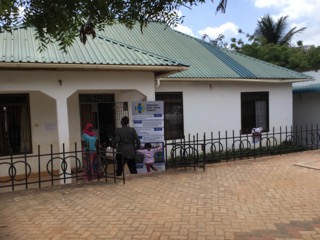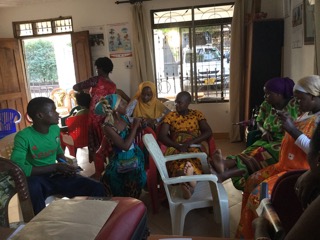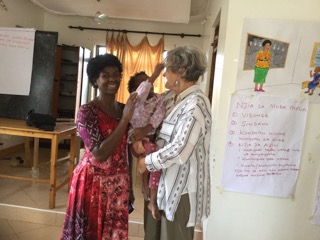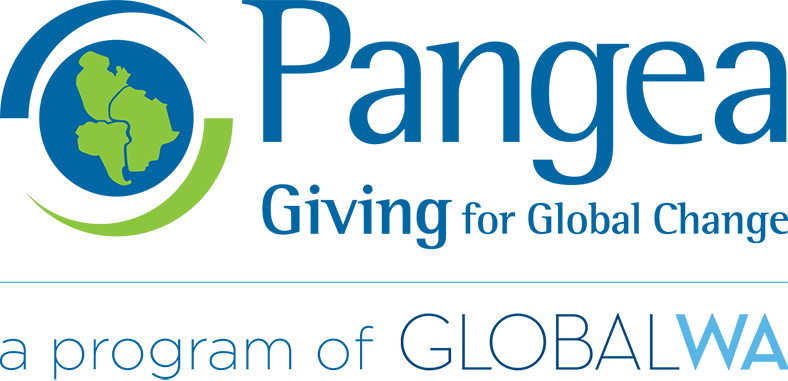A Space for Deaf Children to Learn and Be Heard

TADEC Community Center
Growing up with a profound disability in an economically impoverished environment is hard, very hard. Only 5% of deaf children attend school in Tanzania. There are no pre-school or kindergarten programs that accept deaf children. Most deaf child who do go to school start at 7-10 years old and finish their primary grades when they are 16-22. Often children are thrown off the bus or out of shops because of the stigma against the deaf.
Tanzania Deaf Child (TADEC) was founded in 2008 by a group of deaf mothers led by Sarah Nsenga, now the executive director. The deaf mothers realized that they were being discriminated against in almost every social and development sphere – from education, to health services, to school meetings. This exclusion started to affect not only the women, but also their children who were not deaf. As deaf mothers, they decided to form an organization to pioneer their collective efforts to fight stigma and to bring together the mothers of deaf children and deaf mothers to empower them both to become effective advocates for their children and families.

Participants have a discussion in Tanzanian Sign Language during a training on sexual health
TADEC works with families and head teachers to place deaf children in schools that will cater to their unique needs. The scarcity of people who speak Tanzanian sign language makes this difficult. Then, taking a psycho-social approach, TADEC continues to support the student, the family, and the school to ensure good progress. Many of these children have discipline and motivation problems because of the difficulty of communication; so frequent, timely interventions are a key to success.
To further increase the support network for deaf children and their families, TADEC has a drop-in center where children can do their homework, receive tutoring, and get peer support. The center is also a place where children who are having a very hard time at home can temporarily stay.
Young deaf women are particularly vulnerable when they finish primary school. Without a vocation, they are vulnerable to falling into sex trafficking. So TADEC has developed a vocational training program for young women and also provides classes on reproductive health, HIV/AIDs, and nutrition for both deaf youth and their parents.

A deaf mother with her 4-year-old daughter and Pangea member Robin Rice. The daughter is learning to speak at the TADEC center.
TADEC students are now making the leap to secondary school with strong advocacy support getting them placed in the right schools that have the commitment and resources to cater to their needs.
Pangea has been making grants to TADEC for six years. One of the things we appreciate most is their careful, in-depth approach to helping youth succeed in their education.
Responding to feedback from their community, TADEC’s latest focus is on increasing pre-school learning resources and creating a kindergarten for deaf children. When deaf children arrive at school several years older than their peers, they have never been in an organized learning environment – this puts them at a great disadvantage which TADEC hopes to remove.
Read more about TADEC and on of their participants, Ibrahim, in our recent story of change.
This post was contributed by Pangea Giving member Allan Paulson.
